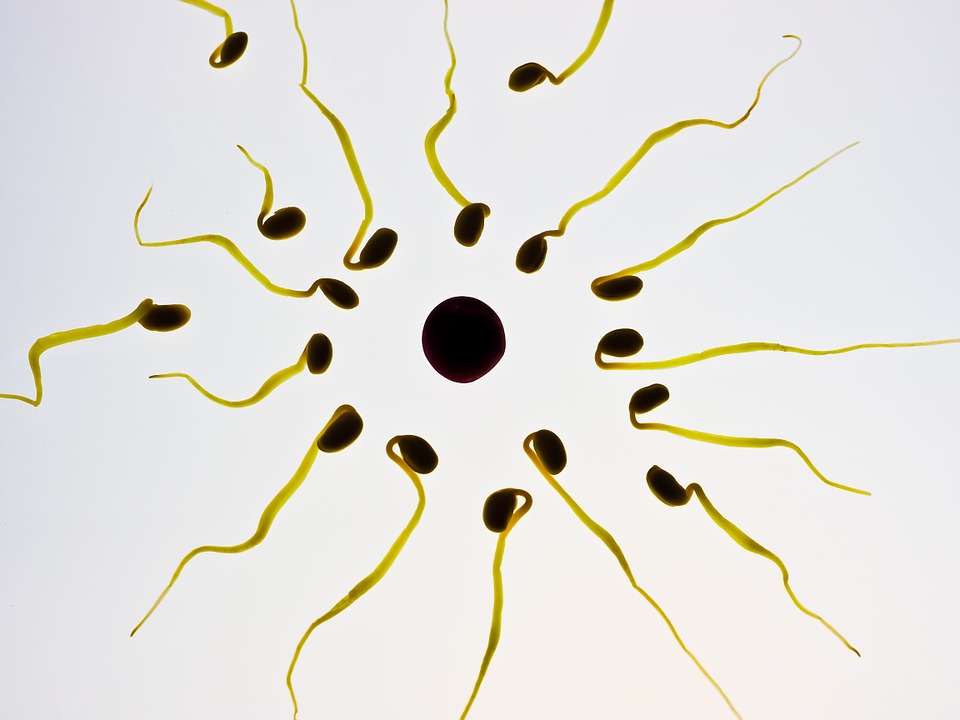Aggregated News

In 1974, a Los Angeles Times staff writer interviewed Dr. Donald Adler, a Beverly Hills gynecologist who ran a sperm bank out of his private practice.1 Adler described for the interviewer his process of selecting sperm donors for health and intelligence, and in turn the interviewer asked him whether he considered his practice eugenic. Adler, with no apparent hesitation, conceded that he was indeed practicing a form of eugenics because the men he selected as donors will be smarter and healthier than average. “Remarkably,” the LA Times writer noted, “the recipients seem to evidence little curiosity about the donors, the father of their children.” Adler informed him this was because they trust his judgment when it comes to picking donors but also because, during every insemination, they received the sperm of up to three different donors. Therefore, it’s impossible for even him to know which donor’s sperm successfully impregnated his patient.
In 2018, my life intersected with Adler’s. It was my birthday and my sister gave me an over-the-counter consumer DNA test to celebrate. She had spotted an advertisement promoting...



